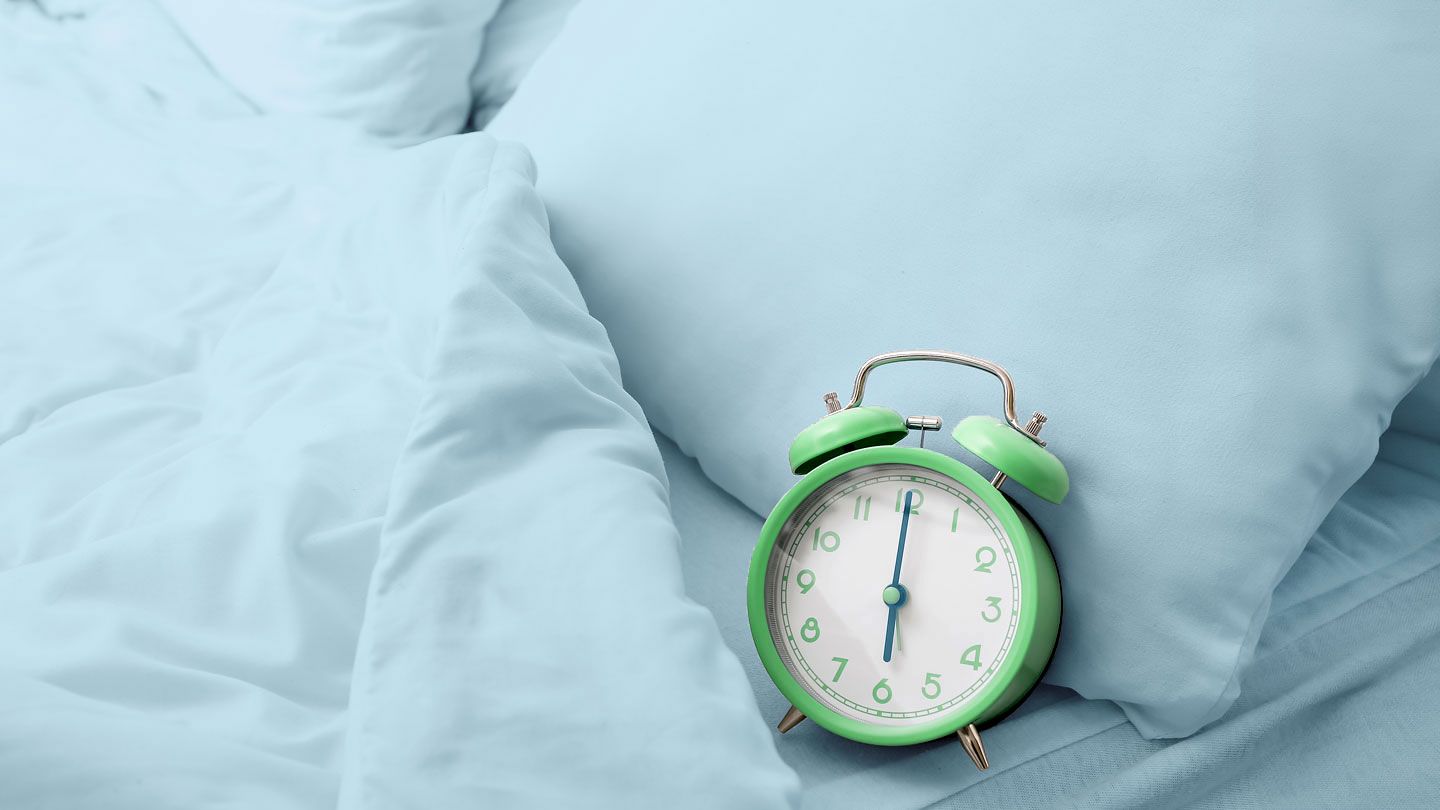The below recommendations from the American Academy of Sleep Medicine outline the ideal amount of sleep a person needs each night depending on their each age:
- Infants 4 to 12 months: 12 to 16 hours of sleep per 24 hours (including naps)
- Children 1 to 2 years: 11 to 14 hours of sleep per 24 hours (including naps)
- Children 3 to 5 years: 10 to 13 hours of sleep per 24 hours (including naps)
- Children 6 to 12 years: 9 to 12 hours of sleep per 24 hours
- Teenagers 13 to 18 years: 8 to 10 hours of sleep per 24 hours
- Adults: 7 or more hours of sleep per night
These are general guidelines, but how much sleep you need to stay healthy, alert, and active can vary from person to person. Individual sleep needs are influenced by a combination of age, genetics, and behavioral, environmental, and medical factors.
For instance, you may need more sleep if you’re sick or recovering from surgery or an injury. Some people inherit certain sleep qualities like being a “short sleeper” from their parents.
Gender can also play a role, though there’s no difference in official sleep recommendations for men and women. On the whole, women tend to need a bit more sleep than men, typically because they have more issues that can affect their sleep. These include hormonal changes that come with menstruation, pregnancy, and menopause, which can disrupt women’s sleep cycles.
Furthermore, women are 40 percent more likely to have insomnia than men, and are nearly twice as likely to grapple with anxiety and depression — conditions that are both tied to sleep troubles.
While older adults need about the same amount of sleep as younger adults, their sleep habits may change. For instance, they typically go to bed earlier and wake up earlier than in their younger years. The amount of deep sleep and the time spent asleep in bed also tends to decrease as people get older, says William Lu, MD, sleep medicine physician and the medical director of the digital sleep clinic Dreem Health based in San Francisco.
Ideally, you’re able to sleep according to your circadian rhythm, your body’s natural internal clock. “Your circadian rhythm influences when your body feels sleepy or alert, so it’s what makes us feel sleepy at night,” Dr. Lu says. “When you’re able to make sure your sleep patterns align with your body’s natural circadian rhythm, you can experience a more restorative sleep.”




